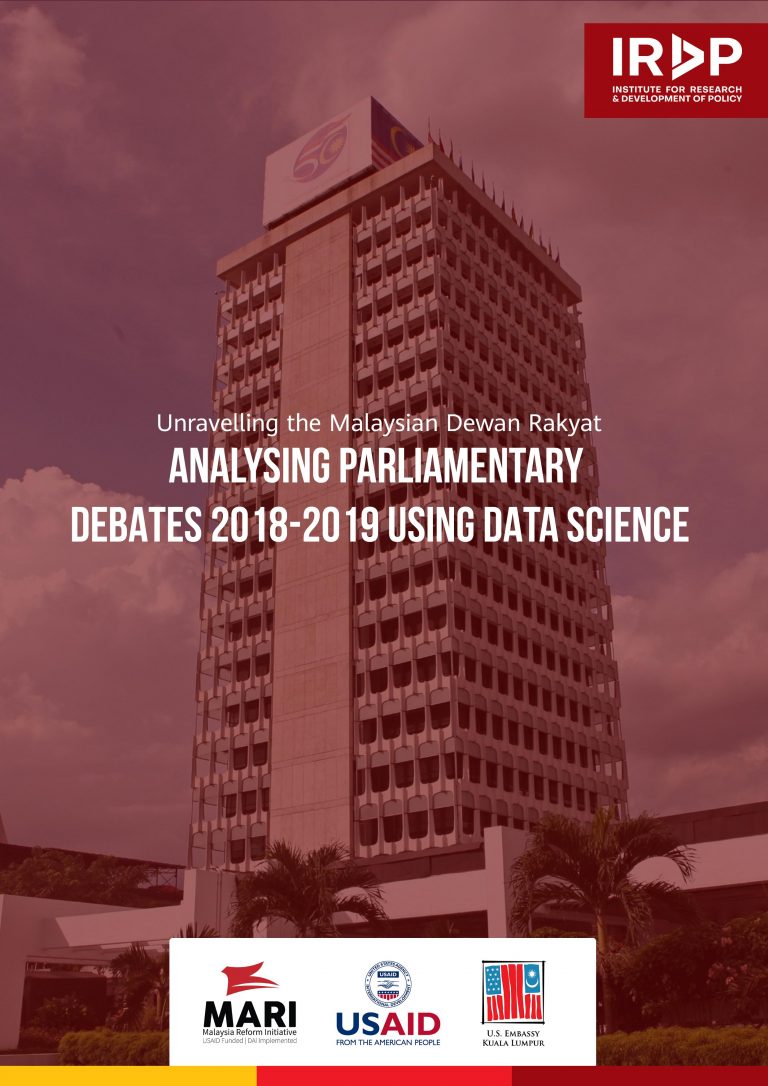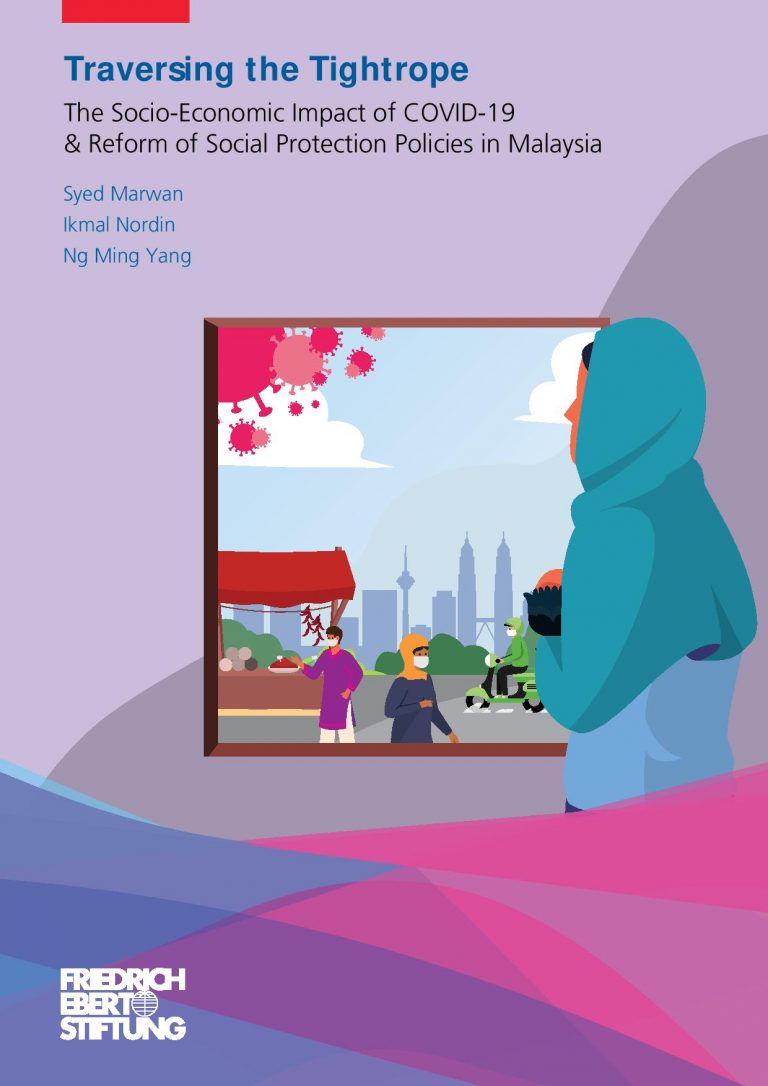Originally Published at:
https://www.thestar.com.my/business/business-news/2022/05/24/fighting-food-inflation

PETALING JAYA: Considering the external factors, Institute for Research & Development of Policy (IRDP) senior advocacy officer Ammar Atan acknowledged that Malaysia, or any other country, cannot fully tackle food inflation.
“But this does not mean that the government’s hands are tied.
“The only progressive way to deal with food inflation is to help producers lower their burgeoning cost of production. One way to do this is through increased subsidies on raw materials.
“While I understand that subsidies will hurt the already limited fiscal space, the government has no other choice for the sake of protecting Malaysians.
“The government can consider reallocation of Budget 2022 or fund the subsidies through borrowings,” he told StarBiz.
Ammar also urged the government to help producers secure fast and cheap working capital financing.
Such an approach would help the producers expand their operations without being bogged down by cash flow constraints.
“Increased production will lower unit cost of production.
“But of course, expansion of production would be counterproductive if the government does not accelerate the approval of foreign workers.
“I recommend that the government prioritise approval of foreign workers into sectors that are involved in the production of basic food,” he said.
When asked whether the government should announce another round of cash handouts in response to rising food inflation, Ammar said food vouchers would be a better option.
“By giving out food vouchers, we would know that the assistance will be utilised in the way it is intended to,” he said.
Yesterday, following the Cabinet meeting, Prime Minister Datuk Seri Ismail Sabri announced that four short-term measures will be taken to resolve the issue of chicken supply and prices, including to stop Malaysia’s monthly export of 3.6 million chickens from June 1.
Buffer stocks will also be created to optimise cold storage facilities owned by the Agriculture and Food Industries Ministry as well as its agencies.
The Cabinet also decided to lift the requirement for APs for chicken imports, including for whole birds and parts.


